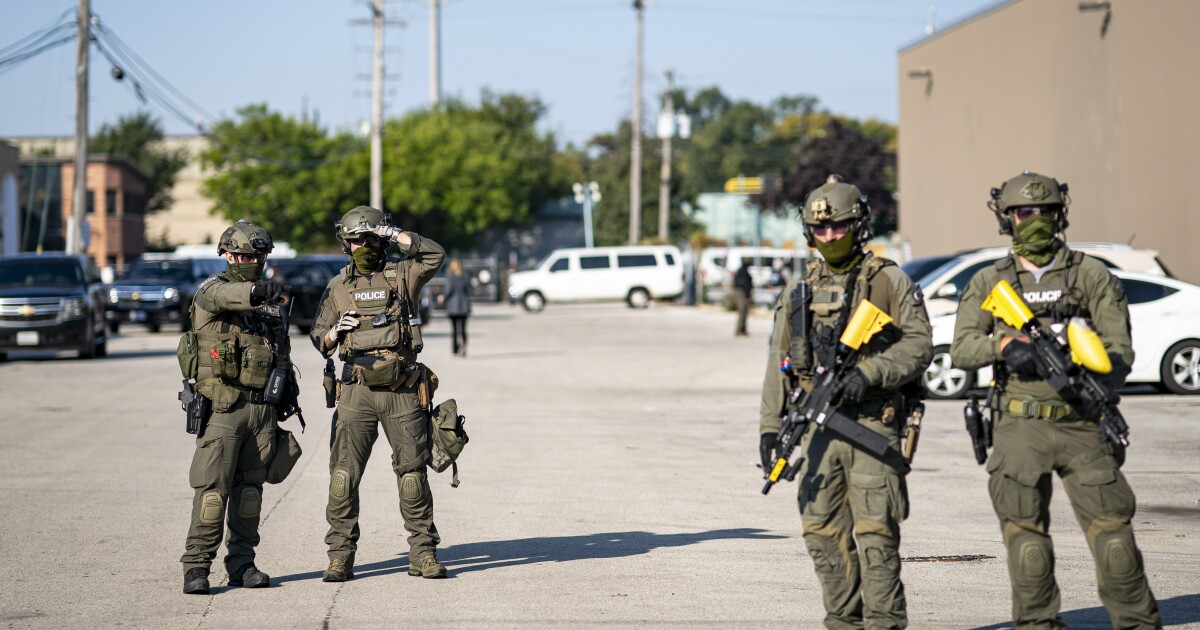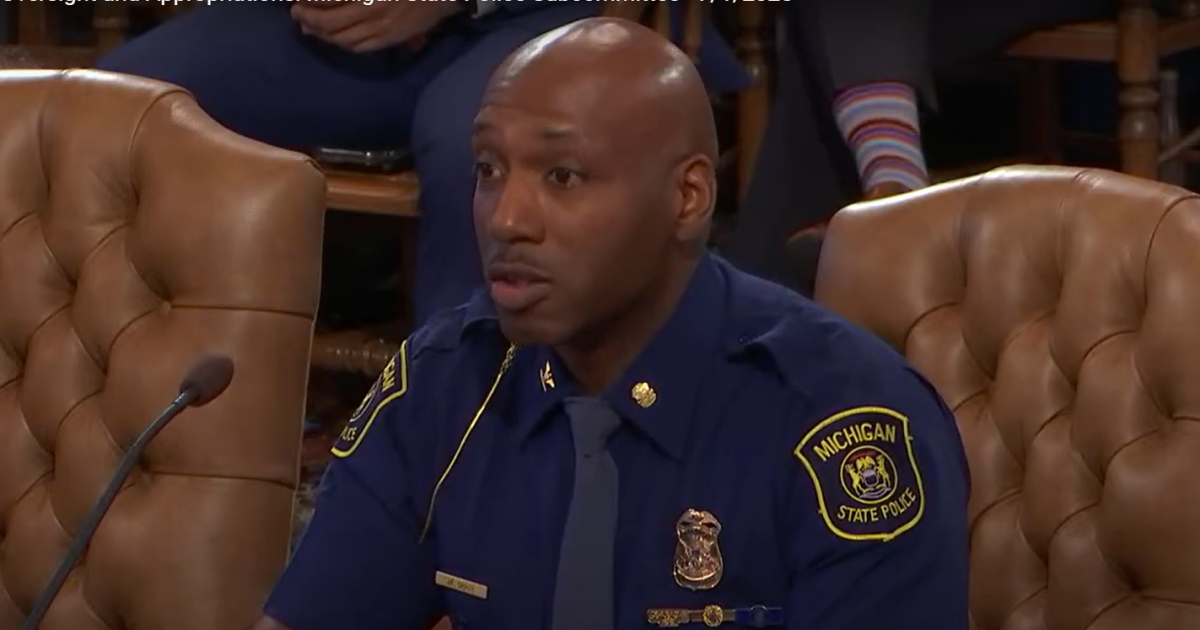Senator Pushes for Clear Identification of Immigration Officers
In the midst of heightened immigration enforcement, a push for transparency is gaining momentum in Washington. U.S. Senator Elissa Slotkin is advocating for a new measure to ensure that immigration officers are easily recognizable during their operations.
As part of ongoing immigration enforcement efforts, agents from Immigration and Customs Enforcement (ICE) have been noted for using unmarked vehicles and dressing in plain clothes, often donning masks while apprehending individuals suspected of unauthorized residency.
Senator Slotkin, a Democrat from Michigan, is backing the VISIBLE Act of 2025. This legislation aims to institute clear identification protocols for immigration enforcement officers. The proposed law, formally known as the Visible Identification Standards for Immigration-Based Law Enforcement Act, seeks to establish the following requirements:
- Mandate that officers, including those from the Department of Homeland Security (DHS) and other deputized personnel, display visible identification such as agency names and badge numbers, unobstructed by gear or attire.
- Ban the use of non-medical face coverings that obscure identities, except in cases involving environmental risks or covert operations.
- Direct DHS to create disciplinary measures for breaches, report compliance annually to Congress, and handle complaints via its Office for Civil Rights and Civil Liberties.
The bill explicitly excludes covert operations or those not visible to the public and does not restrict face coverings when necessary for safety or criminal enforcement actions.
Senator Slotkin believes these measures will mitigate communication issues during enforcement actions, bolster the credibility of officers, and enhance public cooperation. She stated, “Law enforcement should be required to identify that they’re law enforcement while enforcing our immigration laws.”
However, a spokesperson from the Department of Homeland Security recently informed NPR that these tactics, including the use of masks and plain clothes, are employed to protect agents from potential threats.
Despite these assurances, critics argue that such strategies sow fear and erode trust among the public.
—
Read More Michigan News









